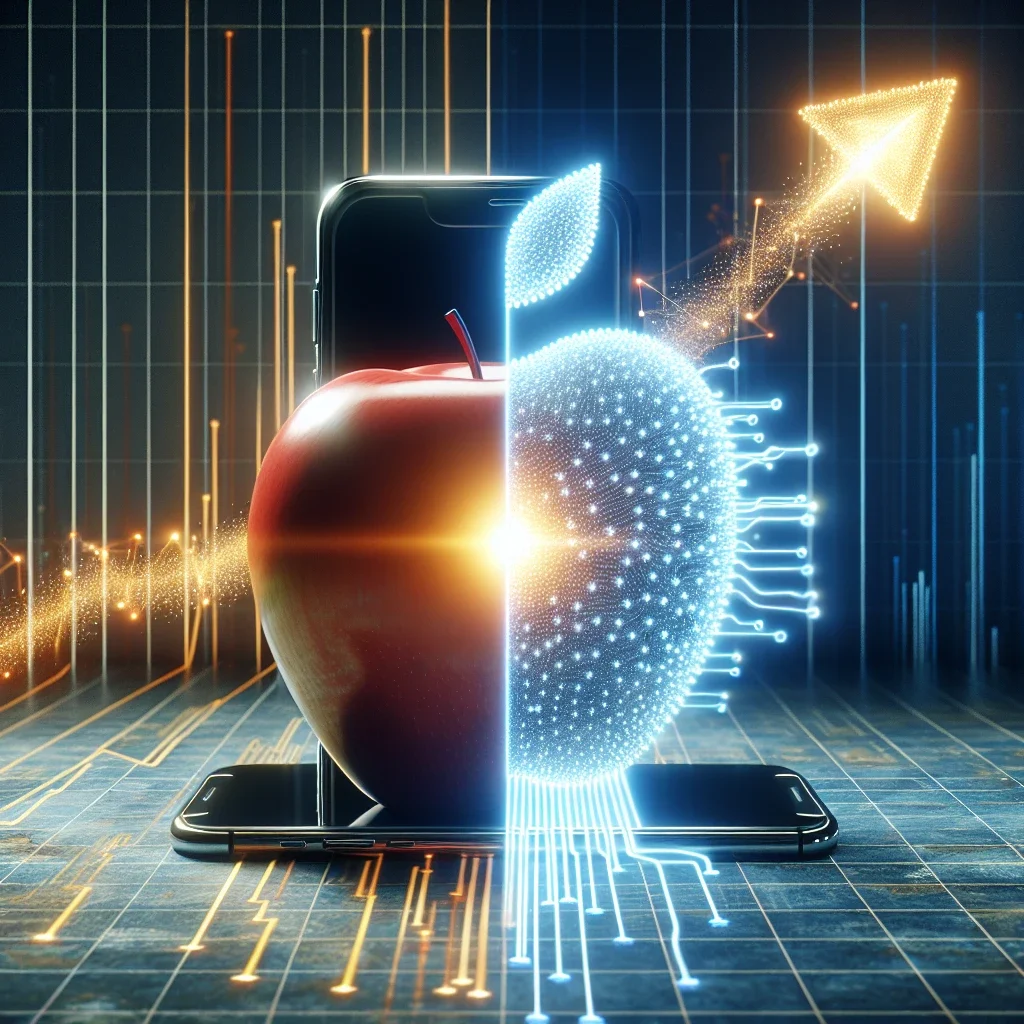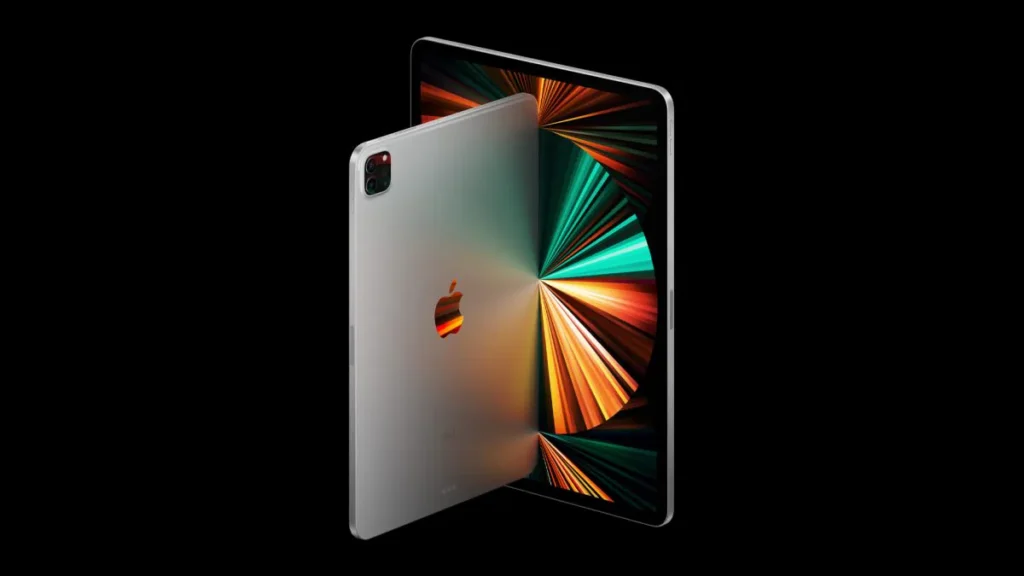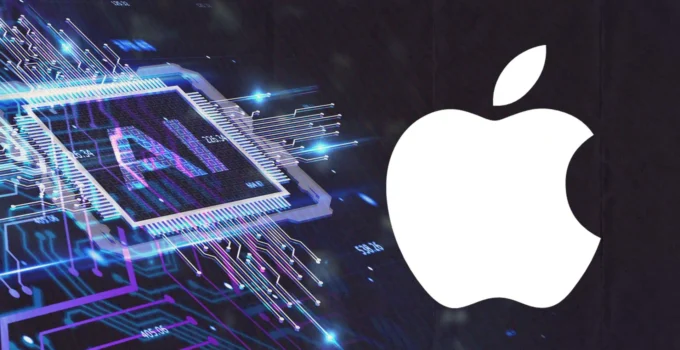Apple’s latest financial disclosures paint a mixed picture of its fiscal health, juxtaposing a slight downturn in hardware sales against robust growth in its services division. Despite facing a challenging quarter, Apple’s strategic focus on artificial intelligence (AI) signals a promising horizon.
Assessing iPhone 15 Sales Trends Compared to Previous Models
In the first fiscal quarter of 2023, Apple reported a revenue of $90.8 billion, marking a decrease of 4.4% from the $94.8 billion recorded in the same period last year. Profits also saw a modest decline, dropping by 2% to $23.6 billion from the previous year’s $24.1 billion.
A significant portion of the downturn was attributed to iPhone sales, which dipped by $5 billion, a 10% decrease from last year. CEO Tim Cook highlighted that this year’s figures were somewhat skewed. He noted that 2023’s sales were unusually high due to pent-up demand caused by delayed shipments during the pandemic. Adjusting for these anomalies, iPhone sales would have remained stable year-over-year.

iPad sales fell to $5.5 billion from $6.6 billion in 2023, a 17% decrease. However, this was less severe than anticipated, given the lack of updates and the anticipation of new models. Mac sales slightly increased to $7.4 billion from $7.1 billion, a modest gain that still didn’t meet expectations despite the launch of new models with M3 processors.
The wearables segment, which includes the Apple Watch and AirPods, along with the recently introduced Vision Pro, also experienced a downturn. Nevertheless, the services sector was a standout performer, with revenues reaching a record $23.8 billion, up from $20.9 billion the previous year.
Regionally, Apple faced setbacks across Asia, particularly in China, where revenues declined to $16.3 billion from $17.8 billion. Despite these challenges, the decline in China was less pronounced than in other Asian markets.
The Chinese market remains critical for Apple, especially for its smartphone segment. Local nationalism and governmental support for domestic brands like Huawei are increasingly influencing consumer preferences. Huawei’s smartphones, which boast high quality and a proprietary operating system, are becoming formidable competitors to Apple’s offerings.
Amid these financial ebbs and flows, Apple remains optimistic about its future, particularly with its focus on AI. The upcoming Worldwide Developer Conference (WWDC) is set to unveil significant advancements in this area. Cook has expressed confidence that Apple’s integrated approach to software, hardware, and services, along with its commitment to privacy, will set its AI initiatives apart from competitors.

Next week’s announcement, possibly about an iPad equipped with an M4 processor designed with AI capabilities, is eagerly anticipated. This could herald a new era for Apple, emphasizing its commitment to blending cutting-edge technology with user-centric features.
While Apple navigates through these challenging times, its strategic pivot towards AI and continued innovation in services illustrates its resilience and commitment to staying at the forefront of technological advancements. With AI becoming a cornerstone of its future strategy, Apple is poised to redefine industry standards and user experiences.

